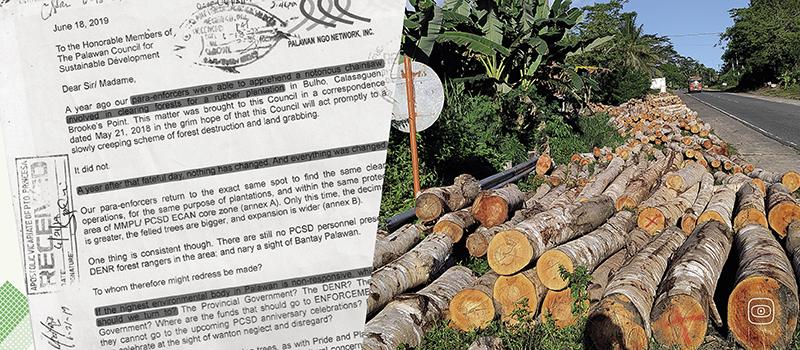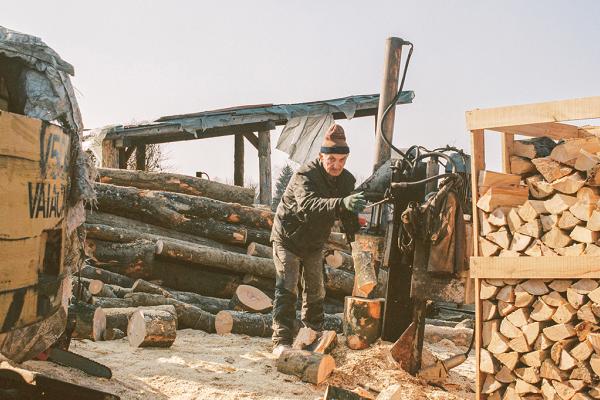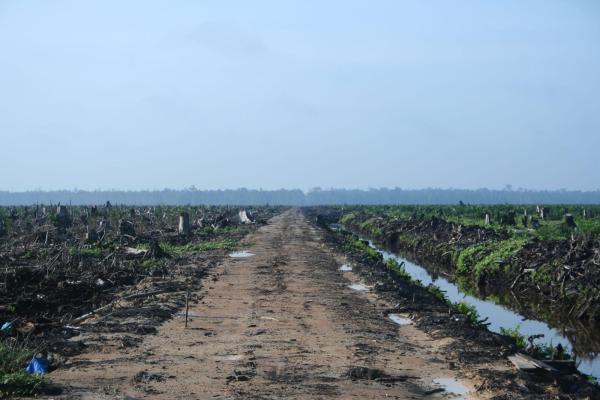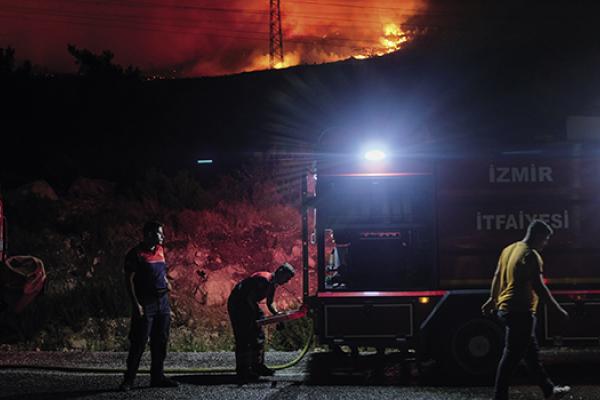As the EU Adopts its “Deforestation Regulation” (EUDR) to curb the world's second largest source of climate emissions, our investigation looks at how “green” commodities grown on land concessions carved out of the forest are being used as convenient cover for continued deforestation. The team's remote sensing analysis has allowed them to pinpoint where illegal deforestation under the guise of conservation is happening fastest and on the largest scale, allowing them to identify those who are profiting and expose actors who are gearing up to exploit loopholes in the EUDR while its compliance requirements shut small farmers out of EU markets.
The first story from this investigation delves into the Philippines’ reforestation programme, revealing how well-intentioned efforts are being used to greenwash continued forest loss.
Key Findings:
- The Philippines national reforestation programme is largely failing to either restore forests or help local communities achieve financial stability while preserving the natural environment.
- As many as one in 25 hectares has experienced a major deforestation event after being declared a re-greening site, including clearing forests for cash crops.
- Most communities cannot secure access to re-greening sites for more than three years, which encourages logging for quick profits.
- Most re-greening sites are licensed by the government for monoculture, which may be lucrative for commercial export to places like Europe but puts local communities at risk of market crashes without any crops for local sale or consumption to sustain them.
- More than a third of the protected areas set up to conserve and regenerate native forests are barren, according to the latest satellite data.
Image by Lucelle Bonzo










